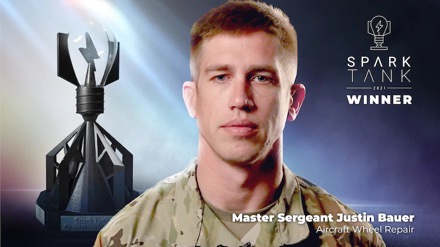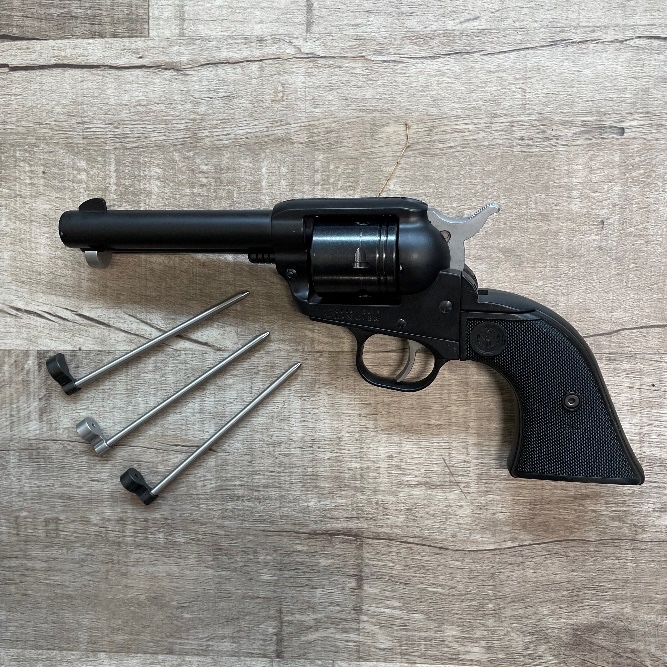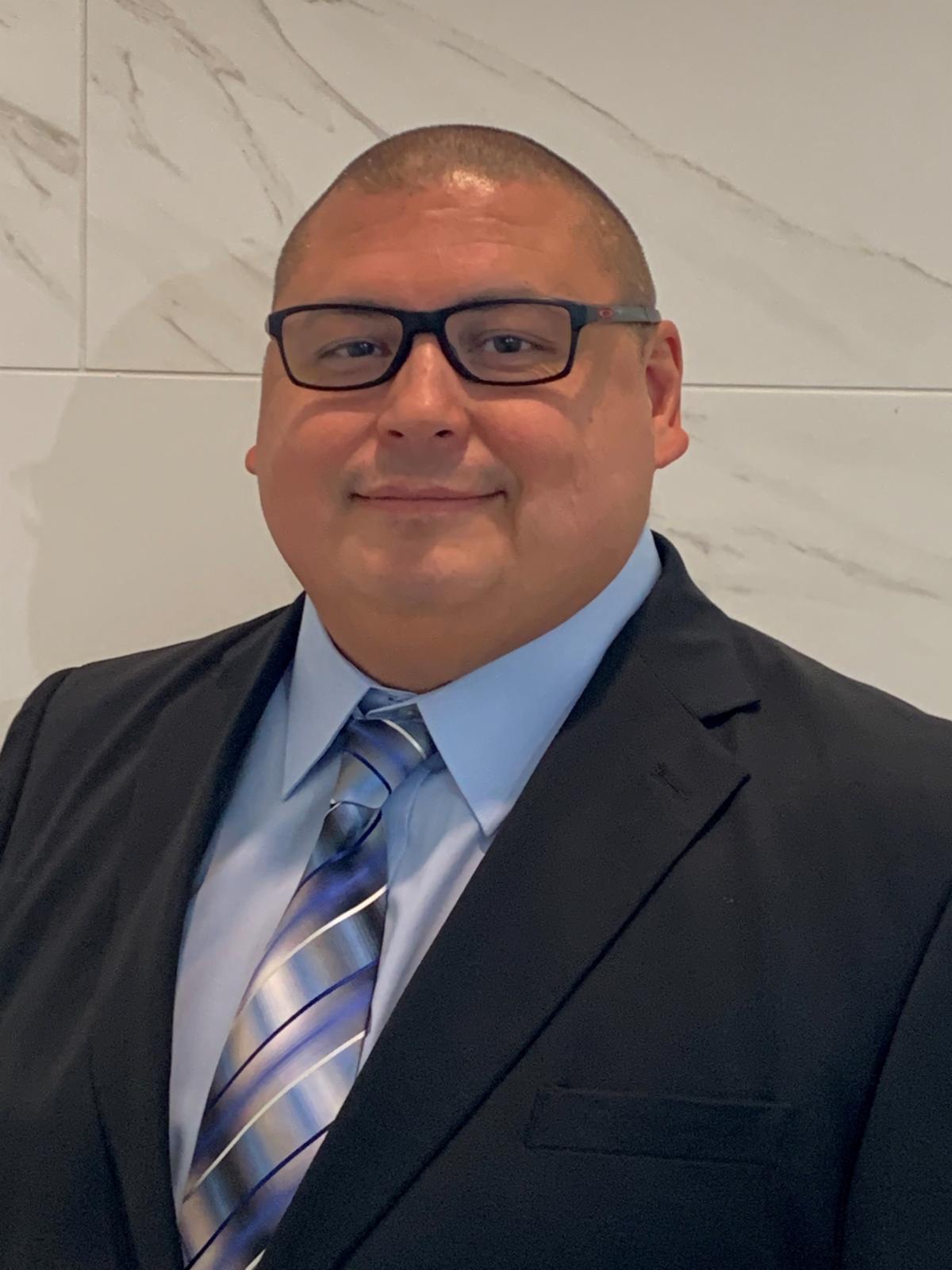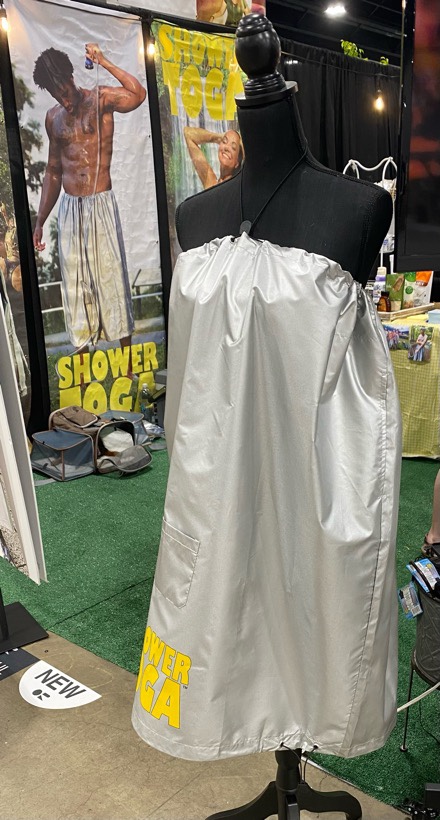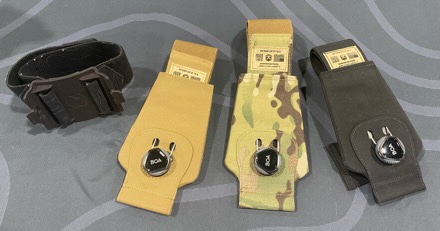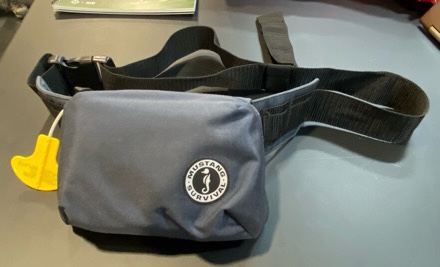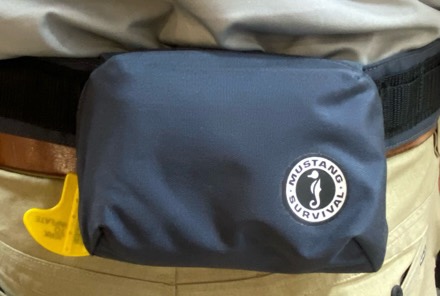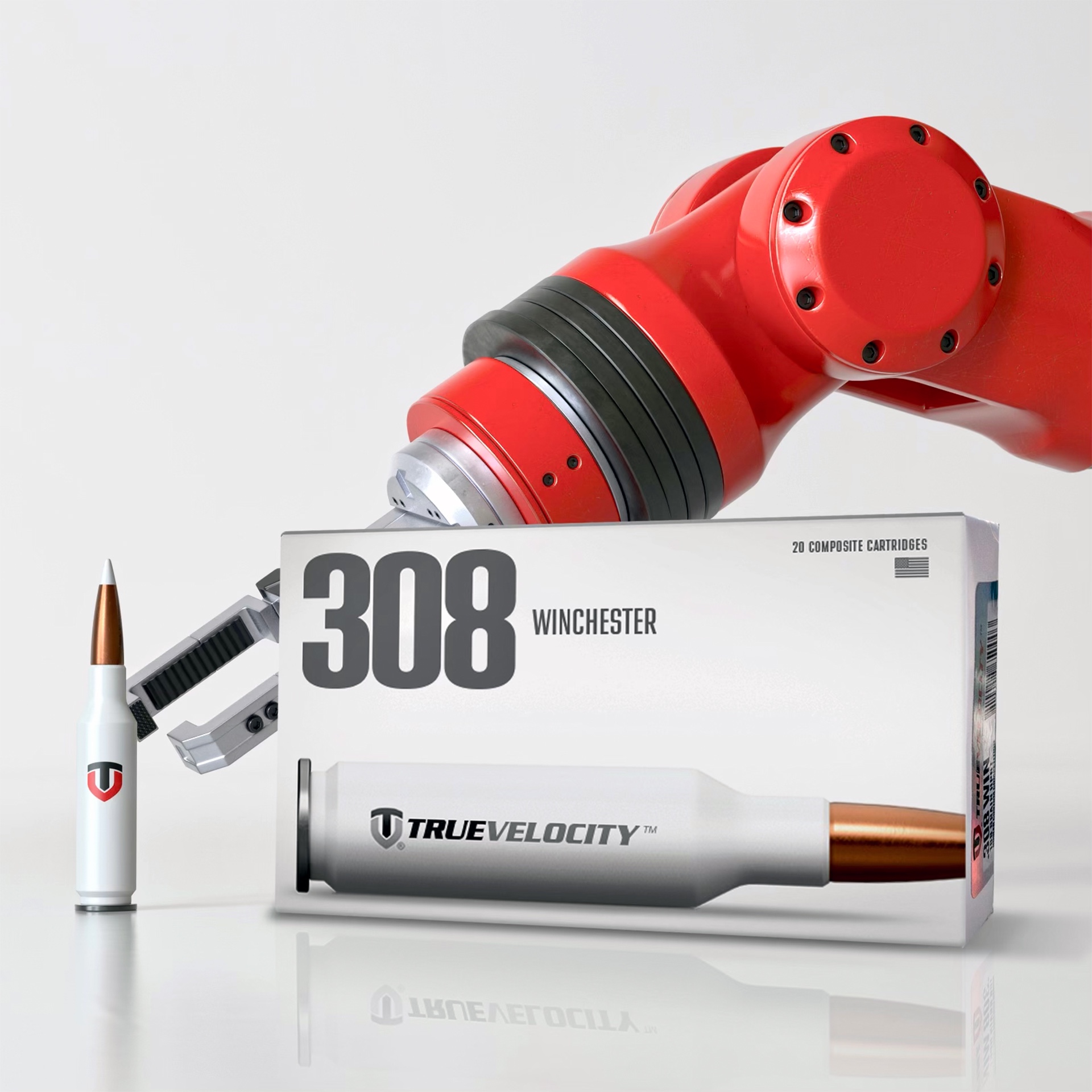
GARLAND, TX (August 13, 2021) – True Velocity is now offering 20-round boxes of .308 Winchester composite-cased ammunition for purchase online. The .308 WIN round is the first commercially available product from the Texas-based ammunition manufacturer, which has supplied the U.S. Armed Forces, law enforcement agencies and many Allied nations with its advanced, composite-cased ammunition for multiple years. Customers that purchase True Velocity .308 WIN ammunition at tvammostore.com will have their boxes delivered directly to their shipping address (void where prohibited).
Additional calibers from True Velocity will be available in the coming months. An official True Velocity .308 WIN launch video can be viewed on YouTube.
All True Velocity commercial rounds are made in the USA. Engineered for perfection, every True Velocity round undergoes hundreds of control checks to achieve exact dimensions and concentricity, ensuring consistency. True Velocity’s use of robotics and attention to detail is on par with medical-grade manufacturing locations and has led to substantial progress in an industry that hasn’t seen true innovation in 150+ years.
Composite-cased ammunition from True Velocity provides significant advantages over traditional brass rounds, including reduced heat transfer to firearms, leading to longer chamber life and decreased throat erosion. These rounds boast sub-MOA accuracy, reduced heat, and extreme consistency in muzzle velocity, thus providing serious shooters with an extraordinary performance advantage.
“We are eager to get our proprietary, high-performance rounds into the hands of discerning shooters across the country,” said True Velocity CEO Kevin Boscamp. “The True Velocity composite-cased .308 WIN is proven to be the highest-performing ammunition currently on the market and we look forward to continuing to raise the bar of excellence as we release additional calibers in the future.”
The 20-round True Velocity .308 WIN box retails online for $69.99 per box.
In addition to the launch of .308 WIN ammunition, True Velocity is currently retailing a limited quantity of commemorative box sets. Included in a commemorative package are 22 True Velocity .308 WIN composite cartridges loaded with 168-grain Nosler Custom Competition projectiles, a branded D.O.P.E. (Data on Previous Engagements) logbook and an official 1 MOA True Velocity challenge coin.
For more information or to shop True Velocity ammunition, visit tvammo.com.


